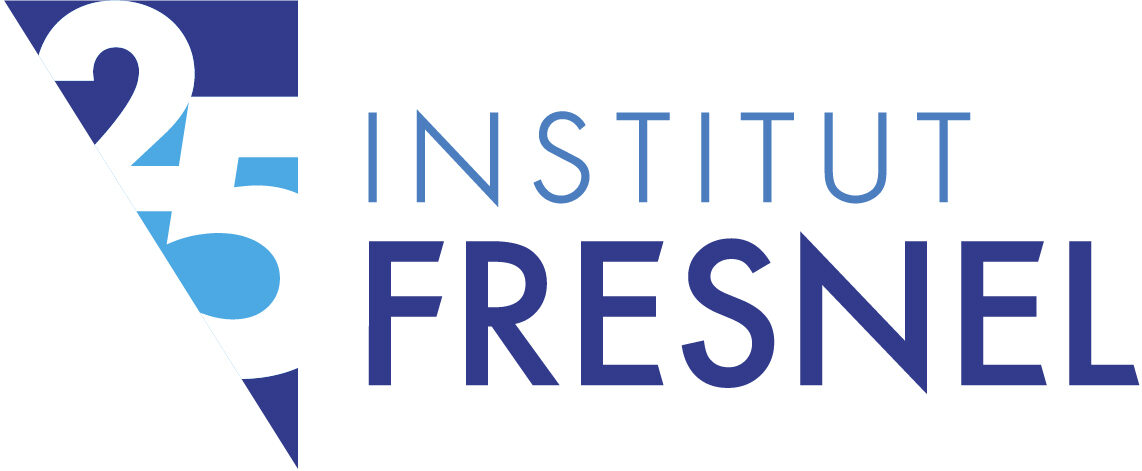Simon Mahler will give a seminar entitled “Laser Speckle Imaging for Neurological Diseases: Non-Invasive Monitoring of Cerebral Blood Flow and Its Significance” on Tuesday, February 11 at 09:30 a.m. in room Pierre Cotton of our Lab.
Abstract : Optical imaging techniques, such as laser speckle imaging, offer a non-invasive, cost-effective, and scalable approach to monitoring cerebral blood flow and volume with high temporal resolution. These features make them ideal for developing imaging devices with biomedical applications in cardiovascular and cerebrovascular diseases. In this talk, I will present our recent advancements in designing laser speckle imaging devices for non-invasive blood flow monitoring. First, I will introduce a near-infrared laser system capable of simultaneously monitoring brain blood flow and volume across multiple head locations. Next, I will demonstrate how this compact, affordable, and user-friendly device can address critical challenges in cerebrovascular diseases including aging, stroke, brain injury, and others neurological disorders. Finally, I will discuss the future potential applications of laser speckle imaging and blood flow monitoring, as well as strategies for advancing these technologies from research settings to clinical applications.
Biography : Dr. Mahler received his MSc degree in the physics of complex systems from University Paris-Saclay in 2017 and his PhD in nonlinear optics and engineering from the Weizmann Institute of Science in 2021. Since January 2022, he is a postdoctoral research associate in the Biophotonics Lab of Professor Changhuei Yang at the California Institute of Technology. He is also the 2024-recipient of the prestigious SPIE-Franz Hillenkamp Postdoctoral Fellowship. His research interests include biomedical imaging and engineering, cardiovascular and cerebrovascular monitoring devices, laser speckle imaging, and translational research.
Contact : Thomas CHAIGNE – Imaging Theme

